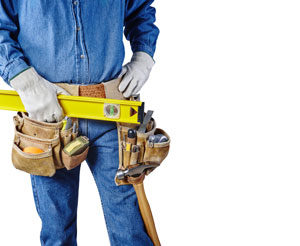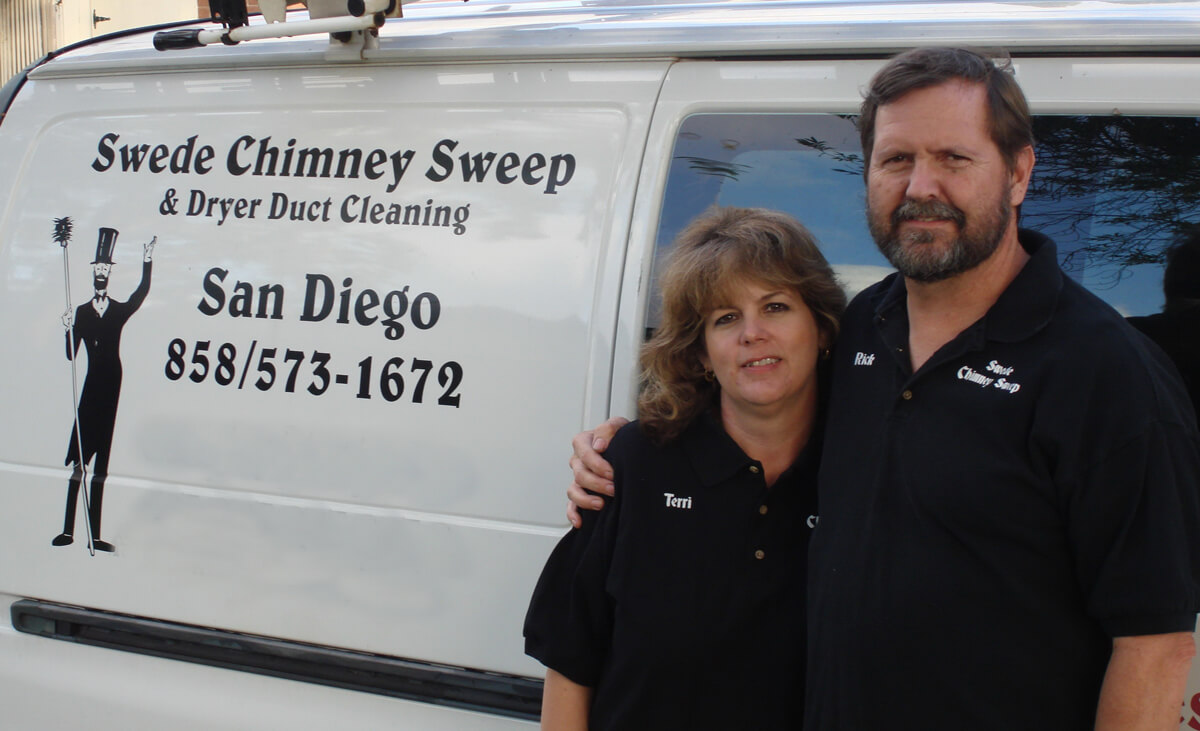 A true story: About ten years ago, a friend of ours decided to do a major remodel on his house, basically doubling the size of his home. He did his due diligence in researching contractors and he narrowed it down to three very qualified candidates. Then he went to the California State Licensing Board website to research the contractors and found that two out of the three contractors had suspended or revoked licenses. Of course, the contractors didn’t bother to tell our friend this critical information. This is why it’s imperative to check out your contractors. Fortunately, our friend was a very discerning homeowner and avoided potential issues from an unscrupulous contractor.
A true story: About ten years ago, a friend of ours decided to do a major remodel on his house, basically doubling the size of his home. He did his due diligence in researching contractors and he narrowed it down to three very qualified candidates. Then he went to the California State Licensing Board website to research the contractors and found that two out of the three contractors had suspended or revoked licenses. Of course, the contractors didn’t bother to tell our friend this critical information. This is why it’s imperative to check out your contractors. Fortunately, our friend was a very discerning homeowner and avoided potential issues from an unscrupulous contractor.
Here are 25 essential tips to know before hiring a contractor. These tips will protect you as the homeowner from scammer contractors. (This information pertains to California. If you’re in a different state, check your own state’s contractors state licensing board.)
1) Any work done to your home that amounts to $500 or more (combined labor and materials) requires the contractor to have a state contractor’s license.
2) Check the contractors through the California State Licensing Board (CSLB) website. You can check the license from the contractor’s license number, the contractor’s personal name or the contractor’s business name. This website is an exceptional resource and easy to navigate. The CSLB website will show the contact information for the contractor, type of business entity, the date the contractor’s license was originally issued and when it expires, the status of the license, the classification of the license, bonding information, workers’ compensation information, and personnel list.
3) If the work is under $500 but is part of a larger project, a contractor’s license is still required even for the work under $500.
4) Projects cannot be broken down into smaller jobs to get around the $500 limit.
5) Ask to see the contractor’s license badge issued by the CSLB.
 6) Verify that your contractor is not “borrowing” someone else’s contractor’s license. This is more common than you think and is illegal. A contractor cannot do any work with a license unless he is listed as the owner of the company or is a bona fide employee of that contractor. When you check the contractor’s license on the CSLB website, there is a page on the license detail that shows a list of personnel with the company.
6) Verify that your contractor is not “borrowing” someone else’s contractor’s license. This is more common than you think and is illegal. A contractor cannot do any work with a license unless he is listed as the owner of the company or is a bona fide employee of that contractor. When you check the contractor’s license on the CSLB website, there is a page on the license detail that shows a list of personnel with the company.
7) The CSLB website will show if the contractor’s license is active, inactive, revoked, suspended or expired.
8) Check the license history of your contractor as well as any pending or prior disciplinary actions. Here’s how you do that:
Pull up the contractor’s license
Click on “License”
Click on “Complaint Disclosure. This will show you any citations that the contractor has received.
Click on the citation number and it will give you a detailed list of citations.
You can also find out a list of citations by calling the Legal Action Disclosure telephone number for the CSLB.
California – Northern Region: 916/255-4041
California – Southern Region: 562/345-7656
9) If a contractor has a contractor’s license, the license number must be shown on ALL forms of promotion and advertising. This includes all documents including letterhead, contracts, business cards, telephone yellow pages, newspaper ads, vehicle lettering and any other form of advertising. It also includes website, social media, TV and radio commercials.
10) Contractors who are NOT licensed must state in all forms of advertising that they are not licensed and cannot perform any work greater than $500.
11) Make sure contractors have the proper contractors license for the work they’re doing. As an example, you don’t want a contractor with a specialty license in landscaping to be doing your electrical work.
In California, there are 4 types of contractor’s licenses: “A” (General Engineering Contractor); “B” (General Building Contractor); or “C” and “D” (Specialty Licenses). The general contractors licenses can work in any field whereas the specialty licenses are limited to the type of work the license is issued.
Typically in the chimney industry, the specialty licenses would be C-29 (Masonry) or C-61/D-34 (Limited Specialty – Prefabricated Equipment). There is no specific category of contractor’s license for chimneys and fireplaces.
12) The California Contractors State Licensing Board website provides information about the contractor’s workers’ compensation insurance. In case of an employee’s injury or death on a job site, the homeowner potentially would be liable to pay for any medical bills. Workers’ Compensation is for your protection as a homeowner!
13) If the contractor does not have employees, the CSLB website will indicate an exemption from having the workers’ compensation insurance. If the contractor with an exemption on file then shows up at a homeowner’s property with employees, those employees are not covered in case of injury or death, leaving the homeowner potentially liable to pay for any medical bills.
14) All roofing contractors in California must carry workers’ compensation insurance even if they do not have employees.
15) Contractors are required to have a Contractor’s Bond in the amount of $15,000. This bond guarantees the work and performance of the contract. A homeowner should make sure that the contractor’s bond is current and not expired.
16) Ask to see proof of general liability insurance in the form of a “Certificate of Insurance.” Verify that the insurance is current and has coverage of a minimum of $1 million aggregate.
17) If building permits are pulled, the contractor must have a valid state contractor’s license that is in full force.
18) If building permits are required, the contractor must verify workers’ compensation coverage or have an exemption from coverage if the contractor doesn’t have employees.
19) Get at least three bids from contractors. Don’t be rushed into making a decision. Look online for reviews and do a Google search to ensure that the contractor is not a scammer.
20) It is against the law for a contractor to demand more than $1000 or 10% of the full contract price, whichever is less, for a deposit on any home improvement project. Pool contractors have different requirements for deposits.
21) Pay the contractor according to the schedule of payments stated in the contract. Do not let payments get ahead of the work. This is for your protection as a homeowner.
22) Certain work in a home also requires that the contractor has a special Asbestos Certification if they are performing any asbestos-related work.
24) Here’s a valuable check-off list to screen contractors.
25) Here is contact information for the California Contractor’s State Licensing Board.
Website: www.cslb.ca.gov
Toll-free automated Assistance – 1-800-321-2752
Disaster Hotline – 1-800-962-1125
Northern California General Complaint Information – 1-800-321-2752
Northern California to report unlicensed activity – 916-255-2924
Southern California General Complaint Information – 1-800-321-2752
Southern California to report unlicensed activity – 562-466-6017
Contractor’s licenses, workers’ compensation insurance, contractor’s bonds and general liability insurance are all for the protection of the homeowner. Hiring unlicensed contractors is asking for potential problems that, in the end, will cost far more financially and emotionally.
Always check out your contractors!
[Photo credits: Adobe Stock Photos]
